This morning I received an email from Glyphosate Girl highlighting that the Environmental Protection Agency (EPA) released a Draft Biological Evaluation of the potential risks of glyphosate, i.e. Roundup, to endangered species. Input was provided by the U.S. Fish and Wildlife Service, National Marine Fisheries Service, and the U.S. Department of Agriculture to show glyphosate’s connection to Likely Adversely Affect (LAA) to both species and habitats. Of the LAA determinations, the majority (96% of species and 97% of critical habitats) were considered to have moderate evidence.
In their executive summary, the EPA writes:
“Formulated glyphosate is moderately to highly toxic to fish, highly to very highly toxic to aquatic invertebrates, moderately toxic to mammals, and slightly toxic to birds on an acute exposure basis. In both terrestrial and aquatic animals, technical and formulated glyphosate demonstrate a variety of growth and reproductive effects at a range of chronic exposure concentrations. Glyphosate has demonstrated adverse effects on growth to both vascular and non-vascular aquatic plants as well as terrestrial plants. There have been over 1,000 reported ecological incidents involving glyphosate use for birds, fish, terrestrial invertebrates, and terrestrial plants.” (emphasis added)
Why is this evaluation important?
Glyphosate is Roundup (an herbicide), created by Monsanto, that was then purchased by Bayer. The majority of our food is sprayed with this pesticide so farmers can kill weeds while still protecting the production of their crop. While glyphosate is supposedly a safe pesticide, there have several been multi-million dollar lawsuits surrounding its connection to Non-Hodgkins Lymphoma – cancer – to landscapers. The mass-application of glyphosate on our food and fields means exposure to us, animals, and plants.
As this evaluation highlights, glyphosate exposure is adversely affecting the wellbeing of species and habitats and in some product formulations glyphosate can be 100 times more toxic. How is it that the EPA considers glyphosate to present low toxicity to humans, aren’t humans mammals too?








